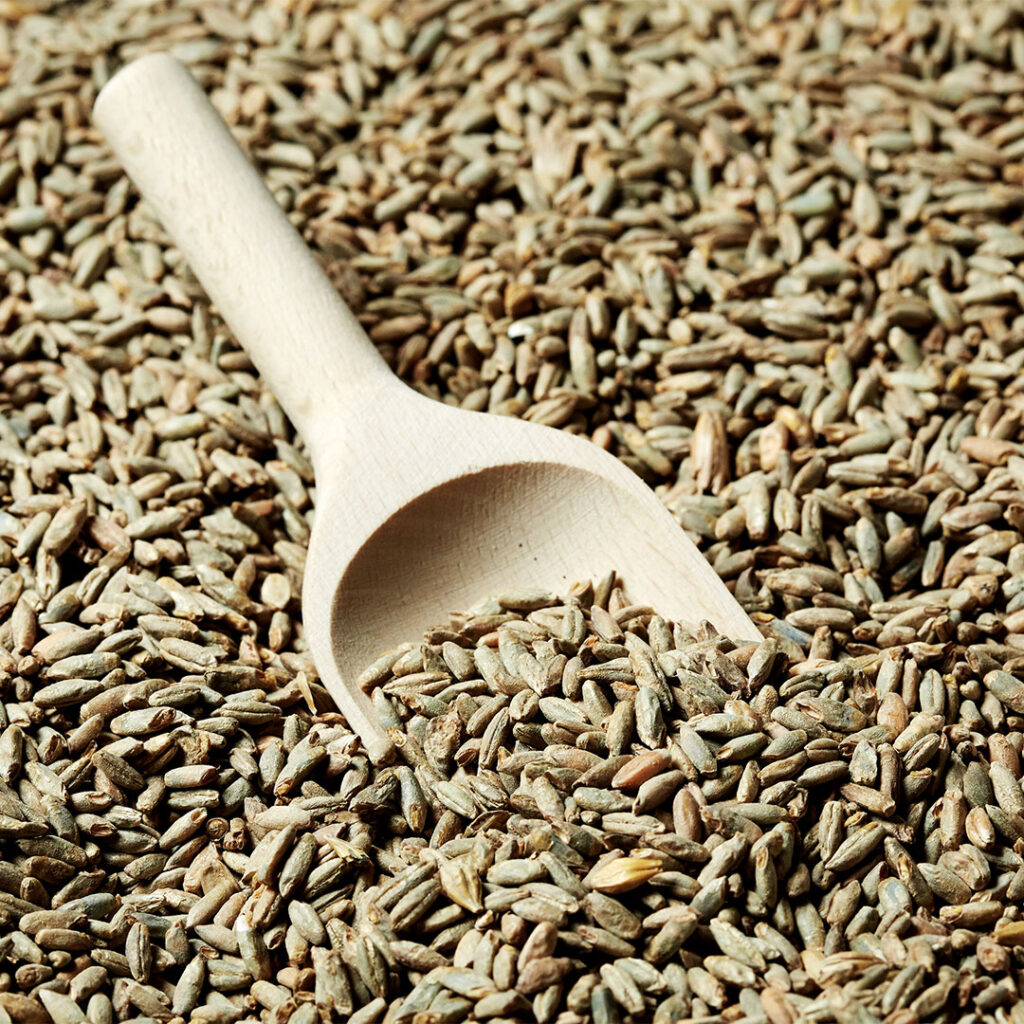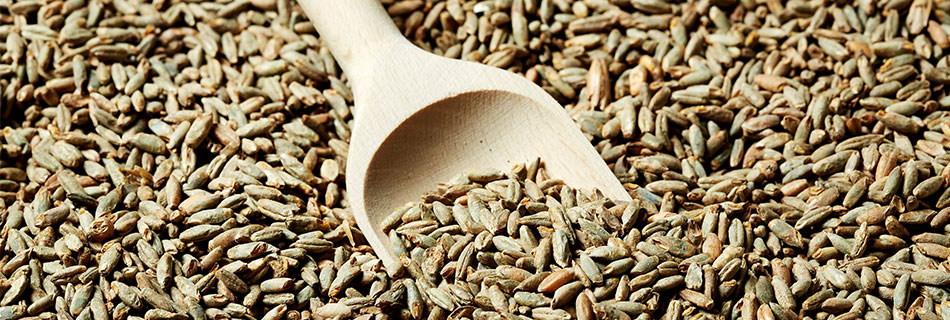Rye, scientifically known as Secale Cereale, has shaped baking, cooking, and brewing for centuries. Today, brewers embrace rye malt and its bold character to craft unique, flavourful beers. In this blog, we explore how rye transforms beer with its distinct taste, texture, and complexity.

A grain with history
For over 13,000 years, people have cultivated rye. Closely related to wheat and barley, it remains an underused yet powerful grain in brewing. Unlike its more common counterparts, rye delivers a spicy, earthy flavour that adds depth and character to beer. It also enhances mouthfeel, improves head retention, and boosts body, making it a valuable ingredient for innovative brewers.
Beyond brewing, rye brings nutritional benefits. Packed with soluble fibre, protein, and essential minerals like iron and magnesium, it offers more than just flavour. It also contains less gluten than wheat, appealing to those with mild gluten sensitivities.
Bold, spicy, and full-bodied rye malt
Despite its benefits, rye presents challenges in brewing. Its sticky texture makes milling tricky, and its high water absorption complicates the mash process. Yet, with the right techniques and equipment, brewers can harness rye’s potential and craft exceptional beers.
Rye wort creates a thick, viscous texture, producing beers with a bold body and a signature spicy kick. Rye is popular in red ales due to its darker colour, but it also complements a wide range of styles. Used in moderation, rye adds depth without overpowering. A heavy rye character requires up to 60% rye malt, while 10–20% is ideal for first-time rye brewers. Filtration can be difficult, but adding rice hulls ensures a smoother lautering process without affecting flavour or colour.
A versatile ingredient
One of the most popular rye beer styles is the Rye IPA. This bold brew blends rye and barley malt to create a hoppy, spicy, and slightly sweet flavour profile. The rye balances hop bitterness, adding complexity and a fresh take on the classic IPA.
Beyond IPAs, rye shines in Brown Ales, Porters, and Stouts. It also plays a key role in historical styles like Finnish Sahti and German Roggenbier. Rye extends beyond beer, serving as a staple in whiskey and gin distillation.
Elevate your brews with rye malt
For brewers seeking to push boundaries, rye is an exceptional ingredient. Though challenging, it rewards patience and skill with incredible depth, balance, and character. With the right approach, rye can transform both classic and modern beer styles.
Swaen Rye, a kilned malt, delivers a spicy, earthy, and slightly fruity flavour—perfect for bold beer styles. For enhanced body, mouthfeel, and head retention, the caramelised malt Gold Swaen Rye provides rich depth. Meanwhile, Black Swaen Rye, a roasted malt, imparts smooth chocolate and roasted coffee notes without the harsh astringency of traditional black malts.
Whether used sparingly or as a defining ingredient, rye offers brewers an exciting way to craft complex, memorable beers. So why not experiment with rye in your next batch and discover its full potential?


